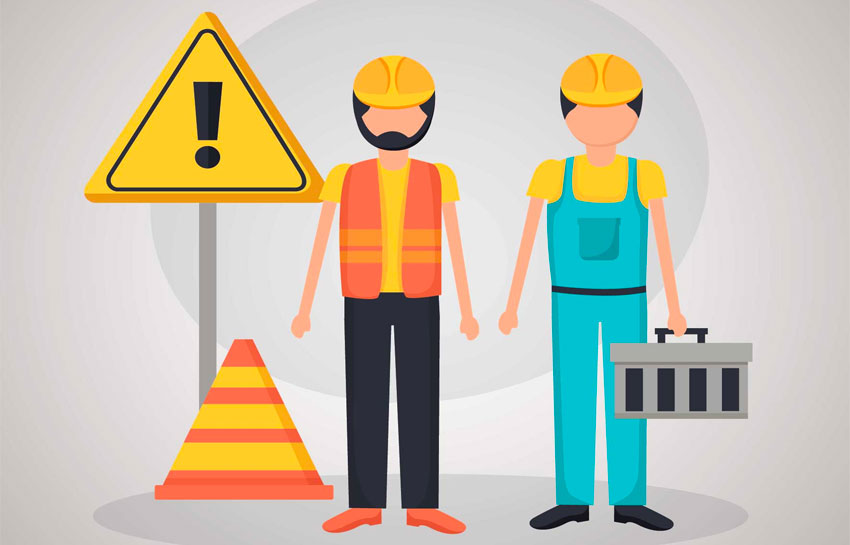
Long-Term Worker Safety and Corporate Security
Monitoring for Hazards: Long-Term Worker Safety & Corporate Security
The long-term and often debilitating health effects from chemical and environmental exposure during the Gulf and Iraq wars (2003 to 2011) were mostly preventable. Situational awareness of toxic air quality associated with activities, such as open-air pit burning, caused long-term health impacts on military and civilian personnel. The lack of data about air quality has delayed the availability of treatment as well. The lessons learned can also apply to the oil and gas industry.
Open-Air Waste Pits
The Department of Veterans Affairs recognized that exposure to airborne hazards during the Gulf War from open-air pit burning of waste, smoke from oil well fires, particulate matter, including sand and dust, and fuel and exhaust resulted in long-term health consequences.
This includes a presumptive list of conditions ranging from brain, lung, and other cancers to chronic lung conditions like asthma and emphysema. These serious health conditions were partly due to the burning of waste in open pits, often with little regard to the direction of the wind or if personnel had exposure. The types of materials burned included human and medical waste, metal, plastics, rubber, and petroleum products.
Using incinerators, restrictions on the types of materials burned, and better placement of the open-air burn pits would have reduced quality-of-life impacts on personnel. Additionally, the U.S. government will be responsible for the long-term healthcare costs of the disabled and injured.
Oil and Gas Industry Workplace Safety
Oil and gas operations, including areas such as wellheads, pipelines, and refining facilities, emit air pollution. These emissions include benzene, ethylbenzene, n-hexane, and volatile organic compounds (VOCs) that form into smog. These air pollutants cause serious health effects and are suspected carcinogens. Symptoms of acute exposure to methane, smog, and VOCs include rapid heart rate, dizziness, and cognitive impairment and these can trigger existing conditions such as asthma.
These air pollutants have implications for asthma, stroke, lung cancer, and other adverse impacts. They can also exacerbate chronic conditions and increase the risk of adverse pregnancy outcomes.
Long-Term Mitigation Through Monitoring
Worker safety at oil and gas operations is important to companies and their shareholders. Air quality monitoring provides instant feedback to supervisors about the current conditions. Supervisors can react immediately to mitigate the risk of acute worker exposure.
Long-term monitoring of site conditions can also provide electronically stored data about conditions, which could be helpful in identifying exposure for future claims. One of the major issues with the Gulf War exposure was a lack of comprehensive air quality data to identify the constituents of the air pollution.
Using sensors provides several advantages. These include removing nonessential workers from potentially unsafe work environments, as well as eliminating the need for pen-and-paper documentation of sensor readings. This is especially important for remote and temporary locations.
The availability of long-term data can also be beneficial to shareholders, so they can be aware of potential legal action due to exposure and they can better assess the handling and costs associated with future claims. Understanding the risks and liabilities is a win-win for workers and shareholders.
Using Technology to Monitor Worker Safety
Worker safety in the oil and gas industry doesn't have to be expensive or difficult. Intrinsically safe IoT sensor solutions, such as the Aegex digital solution, NexVu, can be deployed anywhere. This includes existing, proposed, and temporary civilian and military facilities around the world. The sensors are Zone 1, Level 1 certified devices guaranteed to not cause sparks.
Sensors also move people away from pen and paper to electronic record keeping. Contact Aegex Technologies for a demonstration of the NexVu Intrinsically Safe IoT Sensor for your facility and remote locations.
